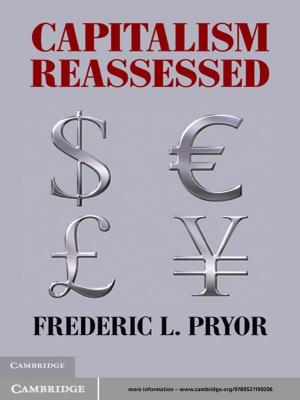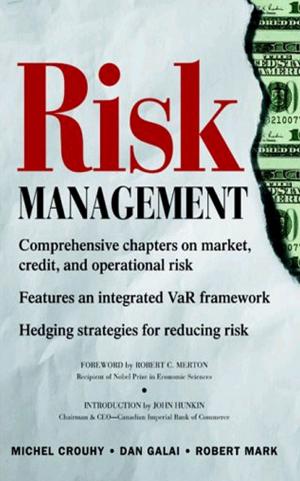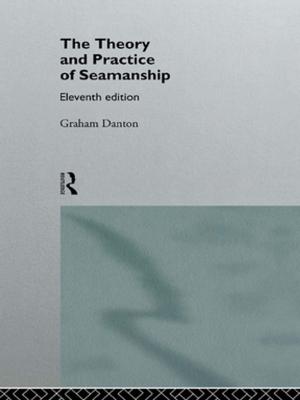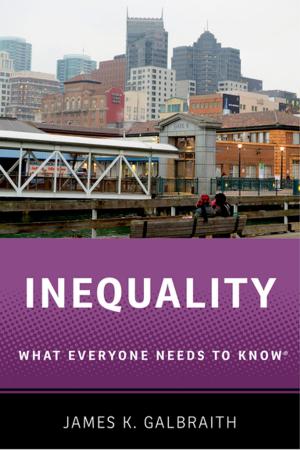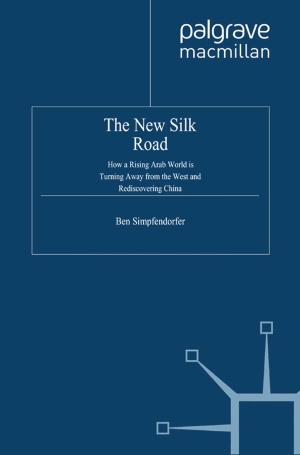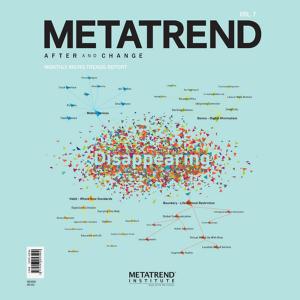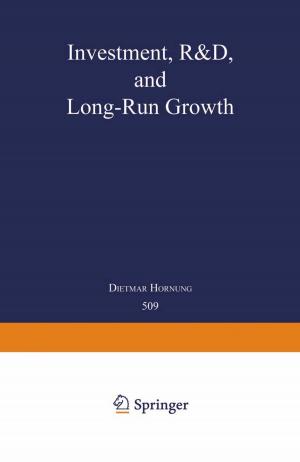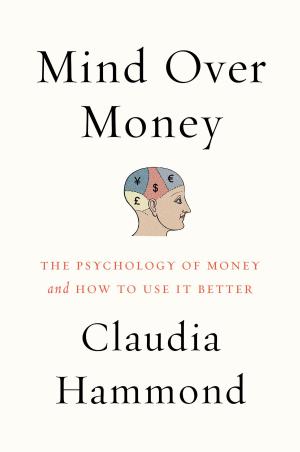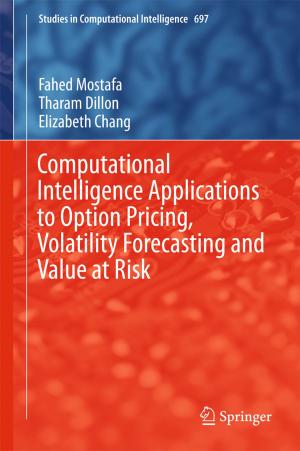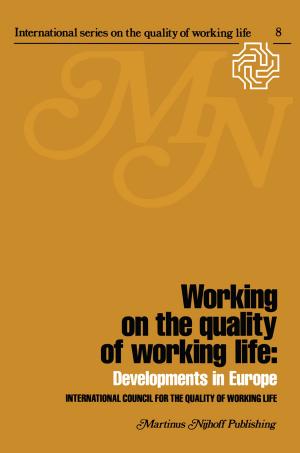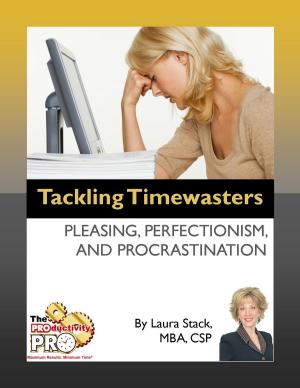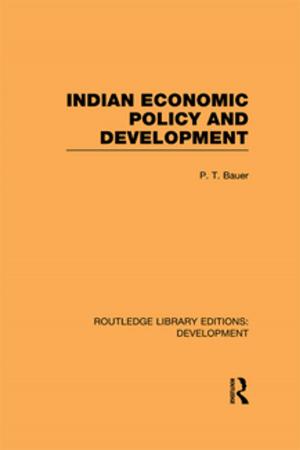Crackernomics
Nonfiction, Social & Cultural Studies, Political Science, Politics, Economic Policy, Business & Finance, Economics| Author: | Andy Perry | ISBN: | 9781301553709 |
| Publisher: | Andy Perry | Publication: | May 4, 2013 |
| Imprint: | Smashwords Edition | Language: | English |
| Author: | Andy Perry |
| ISBN: | 9781301553709 |
| Publisher: | Andy Perry |
| Publication: | May 4, 2013 |
| Imprint: | Smashwords Edition |
| Language: | English |
Q: What could you have to say about the credit crunch that hasn’t already been said better by someone else?
A: It is certainly true that the Credit Crunch has generated billions of words, orthodox and radical, from mainstream professionals and a host of amateurs. It all adds up to ‘literary quantitive easing' (L.Q.E.) - and has about as much net positive effect. The Credit Crunch has rolled on its own merry way impervious to all previous attempts to predict where it will go next or remedy it. I don’t think it would be very hard to say something better or more original than that.
Q: What could you know that all the others don’t?
A: Facts on the crisis and its aftermath are available in abundance to anyone who cares to look. In fact, we are drowning under a tidal wave of statistics, facts and figures, none of which in themselves point to an obvious solution. It’s not about the quality or quantity of information- it’s about the way we interpret it .
Q: Well, what makes your interpretation different from all the rest?
A: First of all, I emphasise that the ongoing Credit Crunch debate is not an objective investigation into an ‘accidental’ economic collapse; it is part of a battle to establish who is to blame for the crisis, what punishments should be handed down and what policies if any, are needed to repair the damage.
How the available information is interpreted by any group or individual depends upon the stake that group or individual has in the outcome of this debate.
This is what used to be called ‘political economy’. However, 'political economy is no longer an acceptable framework for discussing events like the Credit Crunch in the western world. A new framework has emerged under the tutelage of the media, politicians and economists on both the so-called left and the so-called right. An appropriate name for this new framework is CRACKERNOMICS.
Q: What could you have to say about the credit crunch that hasn’t already been said better by someone else?
A: It is certainly true that the Credit Crunch has generated billions of words, orthodox and radical, from mainstream professionals and a host of amateurs. It all adds up to ‘literary quantitive easing' (L.Q.E.) - and has about as much net positive effect. The Credit Crunch has rolled on its own merry way impervious to all previous attempts to predict where it will go next or remedy it. I don’t think it would be very hard to say something better or more original than that.
Q: What could you know that all the others don’t?
A: Facts on the crisis and its aftermath are available in abundance to anyone who cares to look. In fact, we are drowning under a tidal wave of statistics, facts and figures, none of which in themselves point to an obvious solution. It’s not about the quality or quantity of information- it’s about the way we interpret it .
Q: Well, what makes your interpretation different from all the rest?
A: First of all, I emphasise that the ongoing Credit Crunch debate is not an objective investigation into an ‘accidental’ economic collapse; it is part of a battle to establish who is to blame for the crisis, what punishments should be handed down and what policies if any, are needed to repair the damage.
How the available information is interpreted by any group or individual depends upon the stake that group or individual has in the outcome of this debate.
This is what used to be called ‘political economy’. However, 'political economy is no longer an acceptable framework for discussing events like the Credit Crunch in the western world. A new framework has emerged under the tutelage of the media, politicians and economists on both the so-called left and the so-called right. An appropriate name for this new framework is CRACKERNOMICS.


